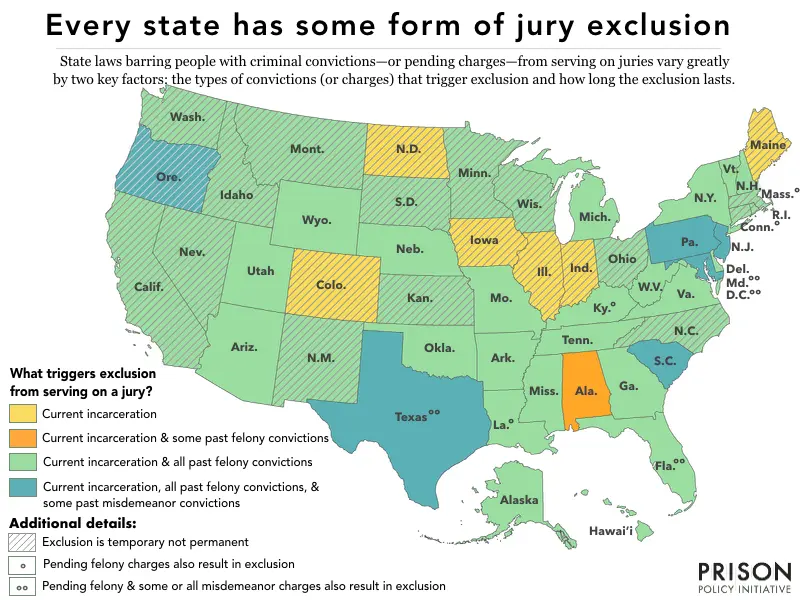Restoration of voting and other civil rights in 2021
Voting rights
In the first half of 2021, three states enacted laws authorizing automatic restoration of the vote to anyone not actually incarcerated for a felony, and a fourth state did so through executive order, while beginning the process of amending its constitution to accomplish this result.
New York and Connecticut repealed provisions disenfranchising anyone on parole, while Washington restored the vote to anyone no longer confined for a felony. In March 2021, Virginia Governor Ralph Northam issued an executive order restoring the vote to 69,000 people who had been released from prison but had not yet completed their supervision, culminating a process of automatic expansion of the franchise by gubernatorial executive order that began in 2013. The Virginia legislature approved a proposal to amend the state constitution that, if approved a second time by the next legislature and by a referendum, will disenfranchise only people who are sentenced to a prison term for a felony and will restore their right to vote upon release from prison.
Three other states clarified the timing of restoration of voting rights or facilitated their exercise. Louisiana clarified its law to ensure that a return to jail for violating parole will not extend the 5-year period after which a person released on parole may vote. Maryland passed a law to ensure that individuals detained in Baltimore’s jail may vote, and Illinois passed a law to facilitate registration by those exiting prison.
At the federal level, President Biden issued an Executive Order titled “Promoting Access to Voting” whose Section 9 (“Ensuring Access to Voter Registration for Eligible Individuals in Federal Custody”) requires the Attorney General to take four important actions to ensure access, for people in federal custody or under federal supervision, to voter registration and educational materials on restoration of voting rights.
Jury eligibility
Connecticut limited ineligibility for jury service to a period of actual incarceration, and Louisiana replaced its lifetime bar with a five-year period after release from prison or probation.
Office-holding
Illinois recognized its governor’s authority to restore eligibility for municipal office to a person with a federal conviction, by granting a certificate of restoration of rights.
Firearms
Kansas expanded the effect of expungement to restore firearms rights.
More details on these laws are available in the Restoration of Rights Project.



